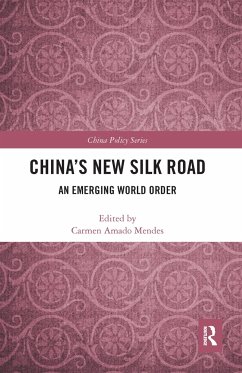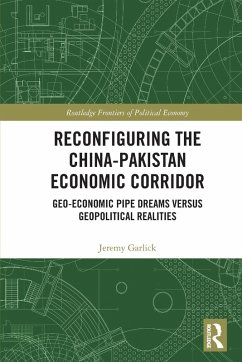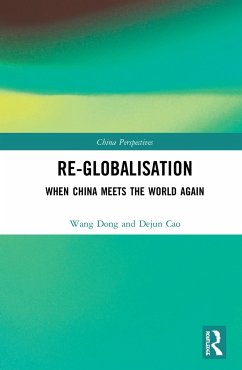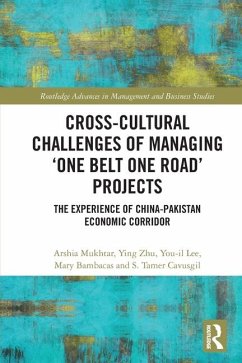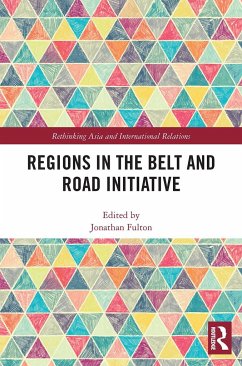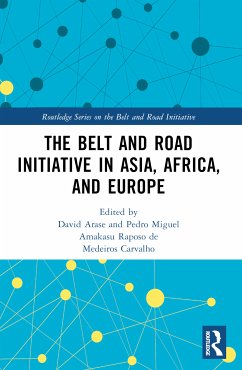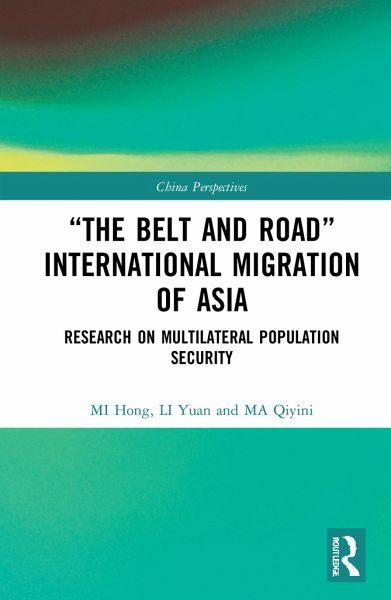
"The Belt and Road" International Migration of Asia
Research on Multilateral Population Security
Versandkostenfrei!
Versandfertig in 6-10 Tagen
47,99 €
inkl. MwSt.
Weitere Ausgaben:

PAYBACK Punkte
24 °P sammeln!
The book studies multilateral population security issues and relevant governance strategies caused by international migration in the countries impacted by China's Belt and Road initiative and their border areas.Buttressed by solid data mining and policy analysis, the title looks into the demographic trends of international migration in China and some Asian Belt and Road countries and stresses the urgency for more effective governance practices. Seeking to address the population security crisis triggered by the Initiative, the authors propose the idea of "multilateral population security govern...
The book studies multilateral population security issues and relevant governance strategies caused by international migration in the countries impacted by China's Belt and Road initiative and their border areas.
Buttressed by solid data mining and policy analysis, the title looks into the demographic trends of international migration in China and some Asian Belt and Road countries and stresses the urgency for more effective governance practices. Seeking to address the population security crisis triggered by the Initiative, the authors propose the idea of "multilateral population security governance", grounded in the real-world challenges facing Belt and Road countries while also drawing on experiences of migration governance in western countries. As a new governance model, it calls for cross-border joint action and takes into consideration pertinent factors including economy, politics, culture, religion and commerce. Several case studies and comparative studies are offeredin the chapters to illuminate the significance and effect of this cooperative mechanism.
The book will be of interest to researchers and government officials interested in non-traditional security, international migration and formal demography as well as topics on population, resources and environment.
Buttressed by solid data mining and policy analysis, the title looks into the demographic trends of international migration in China and some Asian Belt and Road countries and stresses the urgency for more effective governance practices. Seeking to address the population security crisis triggered by the Initiative, the authors propose the idea of "multilateral population security governance", grounded in the real-world challenges facing Belt and Road countries while also drawing on experiences of migration governance in western countries. As a new governance model, it calls for cross-border joint action and takes into consideration pertinent factors including economy, politics, culture, religion and commerce. Several case studies and comparative studies are offeredin the chapters to illuminate the significance and effect of this cooperative mechanism.
The book will be of interest to researchers and government officials interested in non-traditional security, international migration and formal demography as well as topics on population, resources and environment.





